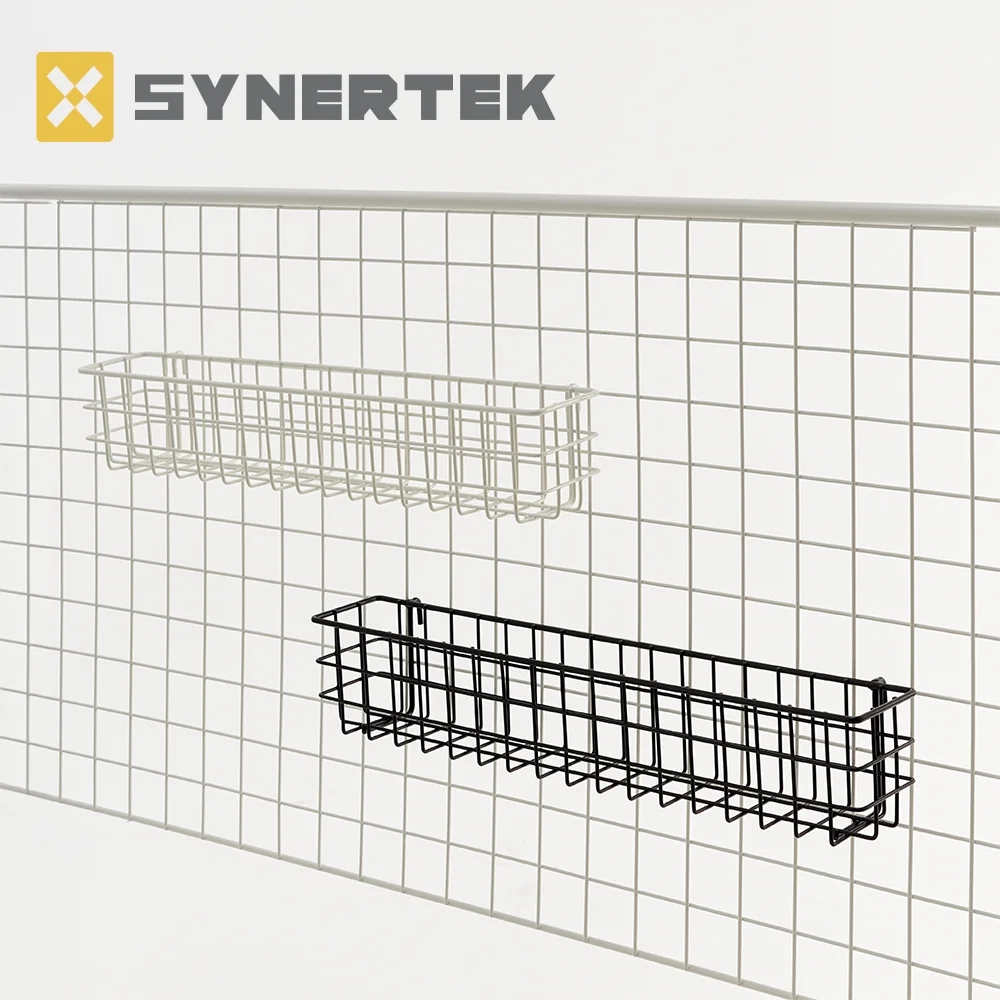When it comes to block construction, the choice of mortar plays a crucial role in ensuring the structural integrity and longevity of the project. Understanding the different types of mortar available and their specific applications is essential for any construction professional or DIY enthusiast. In this comprehensive guide, we will delve into the world of mortar, exploring the various types and their suitability for different block applications.
- Traditional Mortar:
Traditional mortar, also known as cement mortar, is a widely used option for block construction. Composed of cement, sand, and water, this mortar mix provides excellent strength and durability. It is commonly used for load-bearing walls, retaining walls, and other structural applications. The ratio of cement to sand can vary depending on the specific requirements of the project, but a typical mix is 1 part cement to 3 parts sand. - Lime Mortar:
Lime mortar, a time-tested material, has been used for centuries in construction. It consists of lime, sand, and water, offering unique advantages over traditional mortar. Lime mortar provides better flexibility, allowing for slight movement in the structure without cracking. This makes it an ideal choice for historic restoration projects or areas prone to seismic activity. The ratio of lime to sand can vary, but a common mix is 1 part lime to 3 parts sand. - Polymer-Modified Mortar:
In recent years, polymer-modified mortar has gained popularity due to its enhanced properties. This mortar mix incorporates polymer additives, such as latex or acrylic, which improve its flexibility, adhesion, and water resistance. Polymer-modified mortar is particularly suitable for block applications in areas exposed to extreme weather conditions or high moisture levels. The ratio of cement to sand to polymer additive can vary, and it is recommended to follow manufacturer guidelines for optimal results. - Dry-Stack Mortar:
Dry-stack mortar, also known as dry-stacked interlocking construction, eliminates the need for traditional mortar altogether. Instead, it relies on precisely engineered blocks that interlock, creating a stable and self-supporting structure. This innovative approach offers numerous benefits, including faster construction, reduced material waste, and improved insulation. Dry-stack mortar is commonly used in residential and commercial projects, providing a cost-effective and sustainable solution.
Conclusion:
Choosing the right mortar for block construction is crucial for ensuring the strength, durability, and overall success of the project. Traditional mortar, lime mortar, polymer-modified mortar, and dry-stack mortar each have their unique advantages and applications. By understanding the characteristics and suitability of each type, construction professionals can make informed decisions, resulting in high-quality and long-lasting structures.

